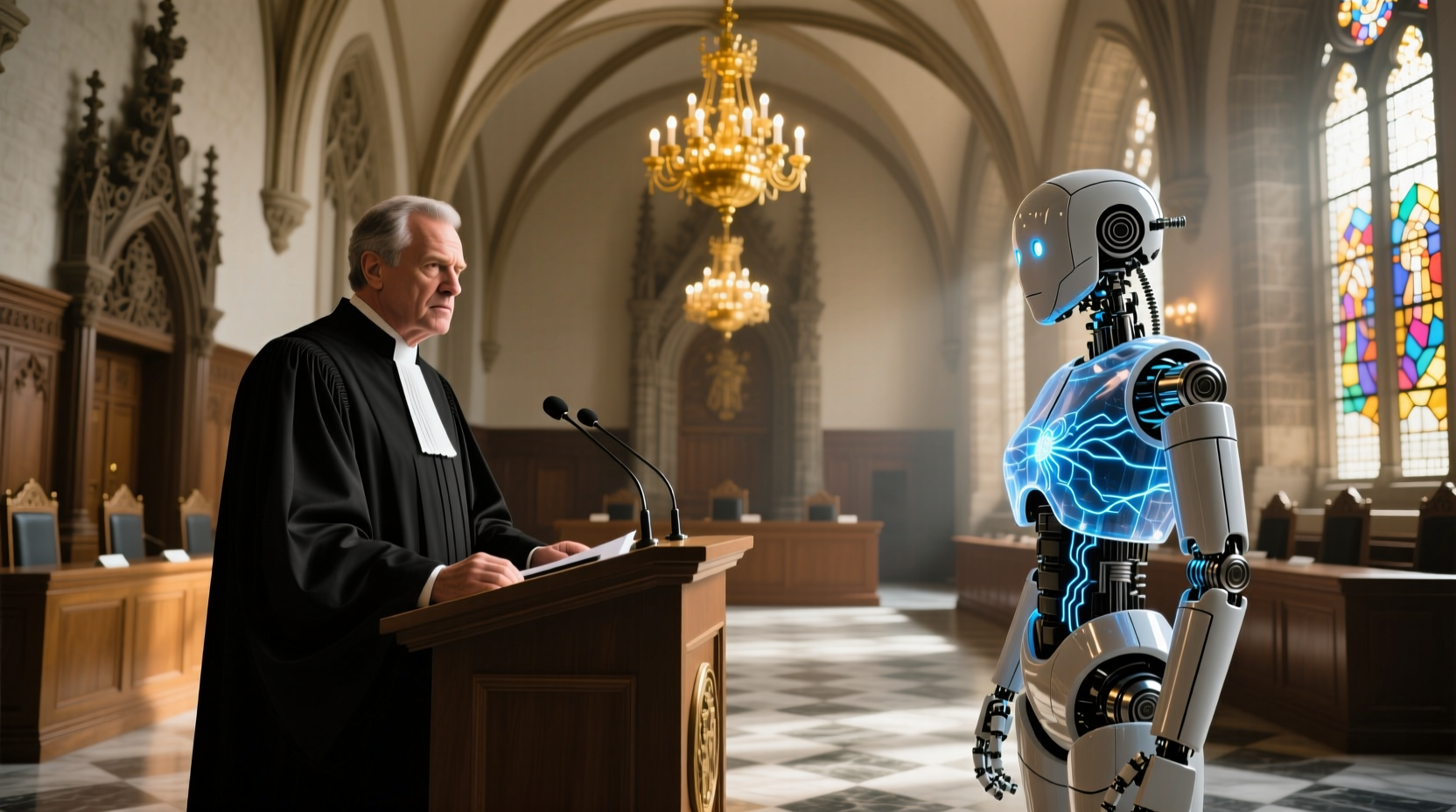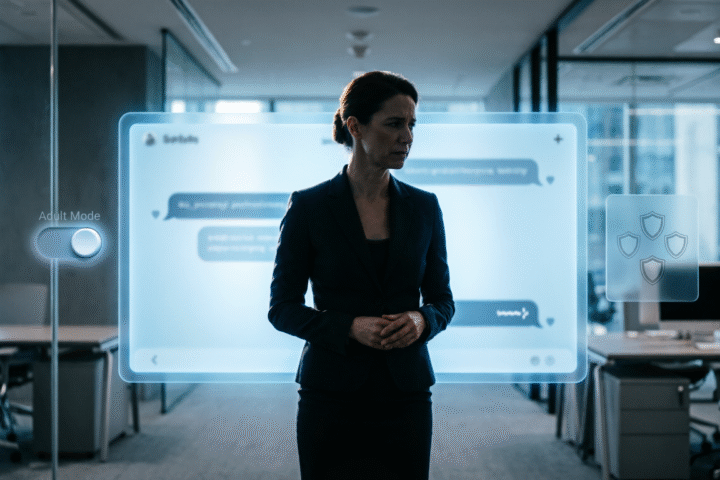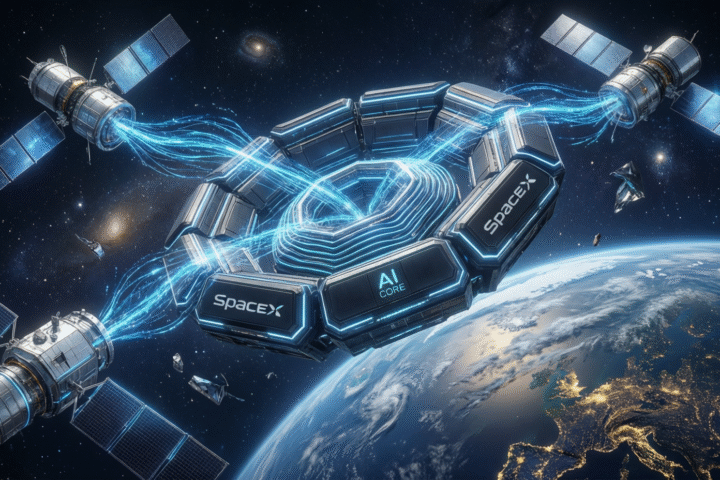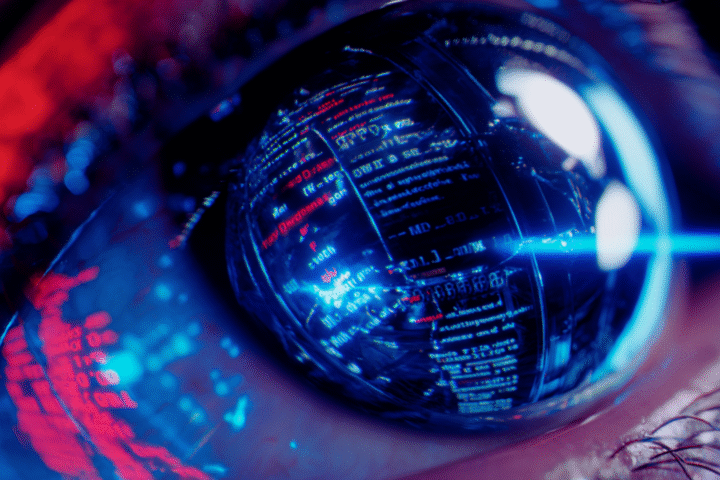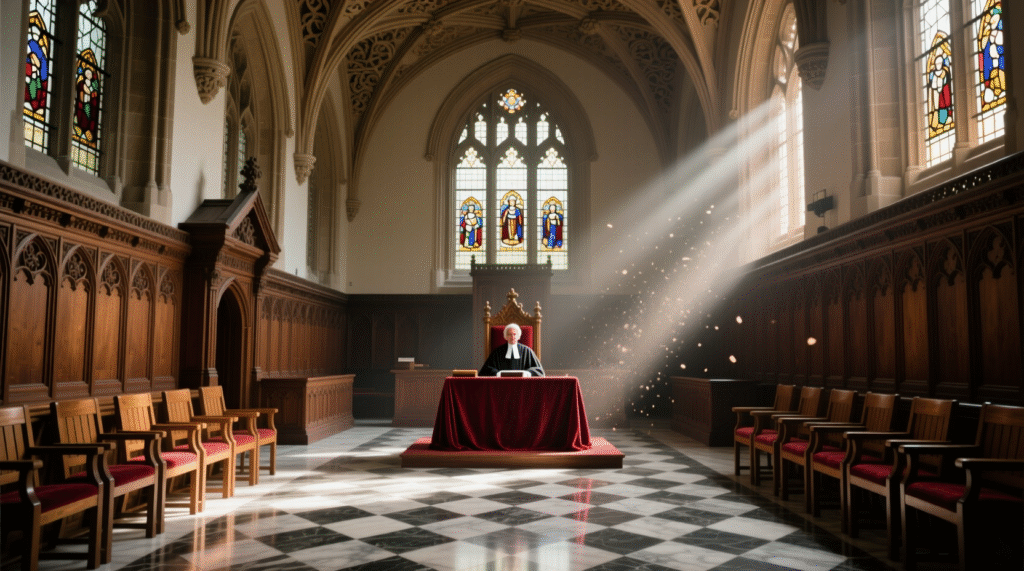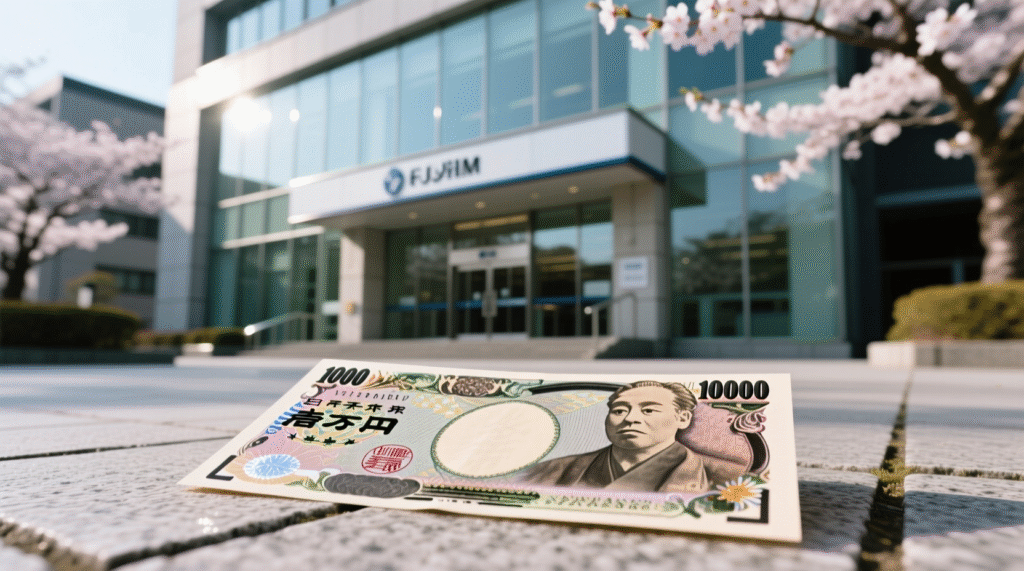A regional court in Munich has ruled that OpenAI’s ChatGPT breached German copуright law by training its AI on copyrighted lyrics from toр-selling musicians, marking a landmark decision.
Key Points
- A regional court in Munich has ruled that OpenAI’s ChatGPT breached German copyright law by training its AI on copyrighted lyrics from top-selling musicians, marking a landmark decision
- Key points:
- A Munich court ruled that OpenAI’s ChatGPT violated German copyright law by training on protected song lyrics, ordering the company to pay damages
Key points:
- A Munich court ruled that OpenAI’s ChatGPT violated German copyright law by training on protected song lyrics, ordering the company to pay damages.
- Germany’s music rights group GEMA filed the lawsuit, calling it Europe’s first landmark AI copyright ruling and a kеy precedent for creative industries.
- Japan’s CODA also demanded OpenAI stop using copyrighted content for AI training, warning that its Sora 2 app may infringe copyright under Japanese law.
According to a report by The Guardian, Germany’s music rights organization GEMA originally filed the lawsuit against OpenAI in November 2024, claiming the chatbot exploited protected works without permission.
GEMA’s lawsuit focused on nine of Germany’s most iconic songs from recent decades, which ChatGPT reportedly used to train its language models. Among the tracks cited were Herbert Grönemeyer’s Männer and Helene Fischer’s Atemlos Durch die Nacht. The presiding judge ruled that OpenAI must pay an undisclosed sum in damages for using copyrighted material without authorization.
Related: Kusama Reveals Details Of New AI Product in Recent Livestream
Kai Welp, GEMA’s legal counsel, said the organization aimed to negotiate with OpenAI on fair compensation for rights holders. OpenAI argued that its language models processed entire datasets rather than storing or reproducing specific songs and that any generated content resulted from user prompts, placing legal responsibility on users. The court rejected this defense, ruling that OpenAI remained liable for using copyrighted material without authorization.
Furthermore, GEMA described the court’s ruling as “the first landmark AI ruling in Europe,” warning that it could set a precedent affecting other forms of creative content. “Today, we have set a precedent that protects and clarifies the rights of authors: even operators of AI tools such as ChatGPT must comply with copyright law. Today, we have successfully defended the livelihoods of music creators,” GEMA chief executive Tobias Holzmüller stated.
Related: OpenAI Policy VP Fired After Dispute Over Adult Mode Feature
The dispute over copyright infringement involving OpenAI has gained widespread attention, as additional organizations and industry groups have considered or pursued legal action against the company.
Japan’s Content Overseas Distribution Association (CODA), which represents leading animation studios such as Studio Ghibli and Nippon Animation, formally demanded earlier this month that OpenAI stop using its members’ copyrighted works to train AI models without permission.
CODA warned that OpenAI’s video-generation app, Sora 2, can closely replicate copyrighted works, potentially infringing on copyright during AI training. The group noted that while Sora 2 reportedly uses an opt-out system for copyright holders, Japanese law generally requires prior authorization, offering no protection for post-use objections. CODA urged OpenAI to halt unauthorized use of its members’ content and to address copyright concerns about Sora 2’s outputs transparently and thoroughly.

